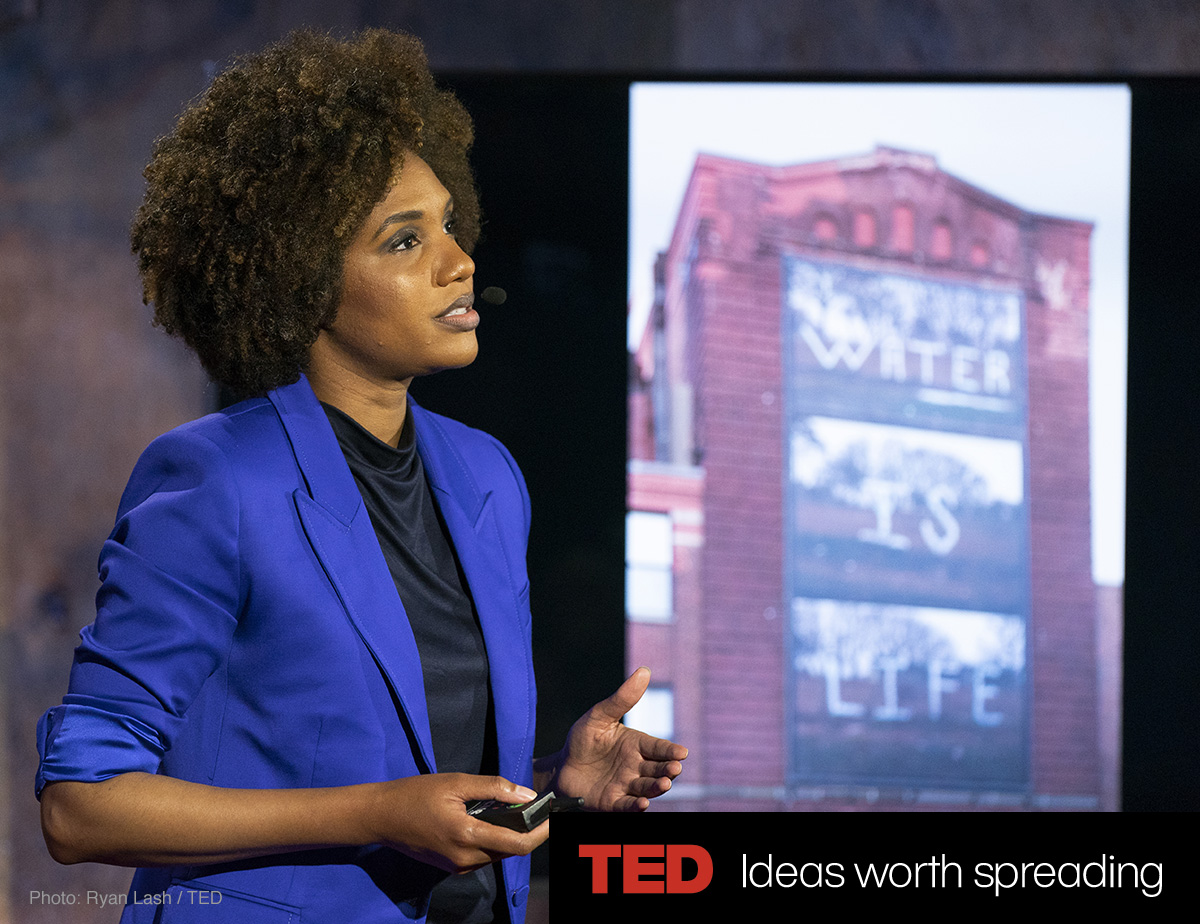Art as transformation: LaToya Ruby Frazier’s social justice photography
The Cavalier Daily
University of Virginia
by Loree Seitz
Photographer LaToya Ruby Frazier shares how art can function for social justice
The University of Virginia’s Department of Art hosted “Art as Transformation: Using Photography for Social Change,” a talk with photographer LaToya Ruby Frazier, on Oct. 27. Frazier’s award-winning photo-history book “The Notion of Family” explores the impacts of racism and economic decline in America’s small towns, as embodied in Frazier’s hometown of Braddock, Pa. From Pennsylvania to Flint, Mich. to the Borinage in Belgium, Frazier’s photography confronts social and political legacies plaguing marginalized groups and reclaims a distinct and thoughtful space for those voices to be recognized and celebrated.
Provoked by her work in “The Notion of Family,” Frazier was invited to the coal mining region of the Borinage in Belgium to document the lives and stories of coal miners and their families in the town. Frazier emphasized the importance of being invited into the community.
“I don’t go anywhere without being invited,” Frazier said.

As an artist, she takes part in a lifelong commitment to her documentary work, seeing her art as bodies of work that lead to her next body of work, instead of viewing her work as segmented, individual projects.
As a guest of the town, Frazier spent hours getting to know community members, noting in particular her interactions with three male coal miners that she photographed in a statuesque manner juxtaposed to the trees in the background. She explained how her work layers together portraits, still lifes and landscapes to create one narrative about the community and its inhabitant’s lives.
“Documentation and being present with people and honoring that and making it very large, there’s a lot of power in that,” Frazier said. “Their memories become an imprint in their own mind, these are living works of art.”
Frazier described artists as standing in the gap between the working class and the creative class, underscoring the importance of understanding an artist’s role in both institutions and communities. She noted an artist’s responsibility to expose the nation’s failures and shortcomings through art, explaining “we should be a part of those that love them so much we are willing to tell the truth.” To reckon with the intense relationship between the artist and society, Frazier urged audiences to use James Baldwin’s “The Creative Process” as their personal manifesto to consider the appropriate role of an artist to critique society and facilitate change. Baldwin sees artists and society as lovers, with the mission to reveal the society’s true nature and make freedom real.
[…]
Courtesy of: The Cavalier Daily

